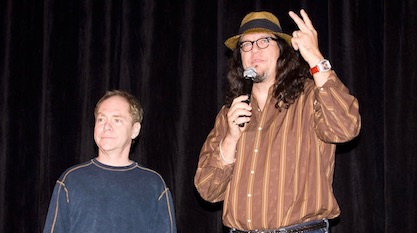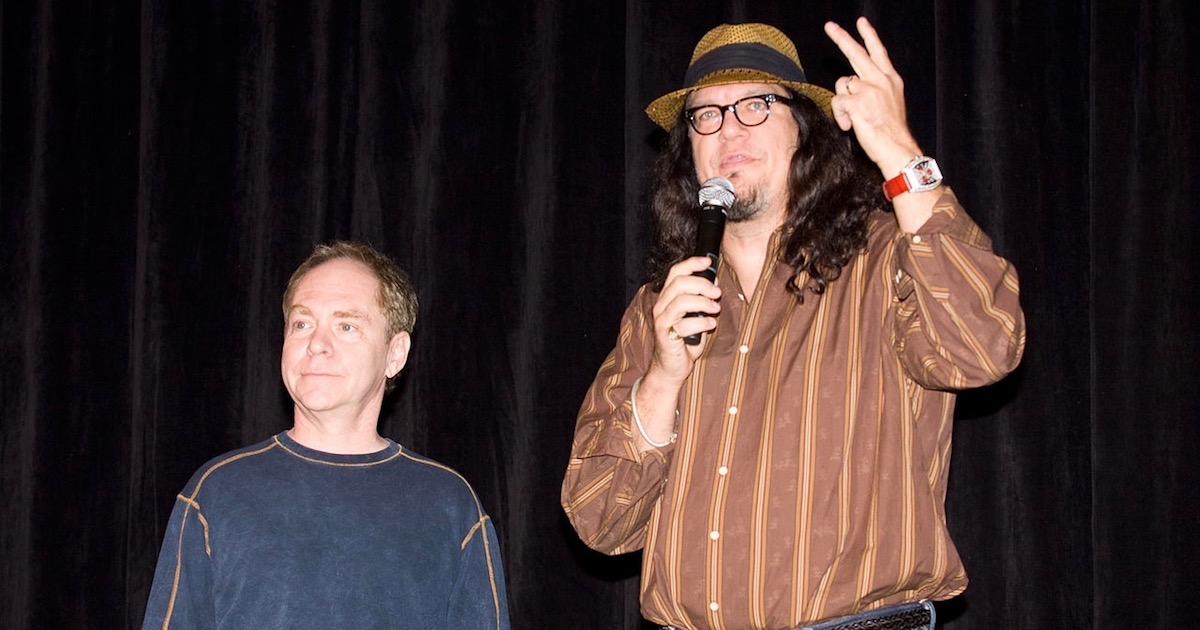 Neuroscience & Mind
Neuroscience & Mind
Artificial Intelligence as a “Magic Act”


Writing over at Mind Matters, neuroscientist Michael Egnor delivers a fine insight from philosopher Ed Feser:
He begins with Arthur C. Clarke’s famous observation that “any sufficiently advanced technology is indistinguishable from magic.” Clarke’s assertion, he points out, can be taken two ways: people can be fooled into thinking that advanced technology is magic and, as a metaphysical assertion, that advanced technology really is magic. He defends the first assertion and, of course, denies the second:
“There are, however, many people who believe a claim that is analogous to, and as silly as, the metaphysical thesis that sufficiently advanced technology really is magic — namely the claim that a machine running a sufficiently advanced computer program really is intelligent. It is not intelligent, and we know that it is not intelligent (or should know, if we are thinking clearly) precisely because we know that it is merely running a computer program.”
How naïve are people who believe that AI really is intelligent?
“Building a computer is precisely analogous to putting together a bit of magical sleight of hand. It is a clever exercise in simulation, nothing more. And the convincingness of the simulation is as completely irrelevant in the one case as it is in the other. Saying ‘Gee, AI programs can do such amazing things. Maybe it really is intelligence!’ is like saying ‘Gee, Penn and Teller do such amazing things. Maybe it really is magic!’”
AI is a magic act, that can of course be put to very useful and even amazing purposes. But it is still an act, not real intelligence.
This takes nothing away from the human genius of computer technology, but to imagine AI as an equivalent of human intelligence, not mere calculation but consciousness, ever, is to be fooled as surely as surmising that “Penn and Teller really sawed that woman in half.”
Read the rest here. The error is not completely different from imagining that natural selection really can do what creative intelligence — foresight! — can do.
Photo: Penn and Teller, by Scott A. Hurst [CC BY-SA 3.0], via Wikimedia Commons.
